Disclosure: This article contains affiliate links. We may earn a commission from purchases at no extra cost to you, which helps our travel content.
The moment I stepped off the plane in Kingston, my chef's senses went into overdrive. The air itself carried promises of scotch bonnet heat, allspice berries, and woodsmoke—a perfume no bottle could ever capture. As someone who's spent years deconstructing flavors in high-pressure kitchens, Jamaica had long been on my culinary pilgrimage list. This island doesn't just serve food; it performs it with a rhythm as infectious as its reggae. For couples seeking a winter escape with serious flavor credentials, Kingston delivers a master class in how history, culture, and natural bounty create a food scene unlike anywhere else. My week exploring Kingston's culinary landscape took me from humble zinc-roofed street stalls to colonial-era distilleries and oceanfront fine dining—each bite and sip telling stories of resistance, celebration, and ingenuity. Grab your partner's hand and your appetite; we're going deep into Kingston's delicious heart.
Street Food Treasures: Following the Smoke Signals
In Kingston, the best culinary compass is your nose. The sweet-spicy perfume of jerk seasoning led me through the labyrinthine Downtown streets to my first authentic meal. While touristy jerk centers exist, I wanted the real deal—the kind locals line up for.
My Alaska-honed tracking skills eventually brought me to a nameless corner spot where a man named Isaiah tended to blackened metal drums converted into smokers. His jerk chicken—spatchcocked and massaged with a marinade he claimed was 'older than his grandfather'—had the perfect balance of smoke, heat, and allspice that distinguishes true Jamaican jerk from imitators.
'The secret isn't just the seasoning,' Isaiah confided while wrapping my portion in foil, 'it's the pimento wood. Without that smoke, it's just spicy chicken.'
Beyond jerk, Kingston's streets offered an education in Jamaica's multicultural heritage. I discovered patties at Tastee Patties that rivaled any fine dining hand pie, their flaky crusts stained yellow with turmeric, encasing spiced beef that spoke to the British influence but with distinctly Caribbean execution. At Coronation Market, Jamaica's largest farmers' market, I watched skilled vendors transform breadfruit—a starchy staple—into crispy fritters that reminded me of the root vegetable preparations from my mother's Alaskan Native traditions.
During my explorations, my insulated water bottle proved essential for staying hydrated in Kingston's heat while moving between food stalls. The tropical sun is deceptive, and dehydration can quickly dampen a culinary adventure.
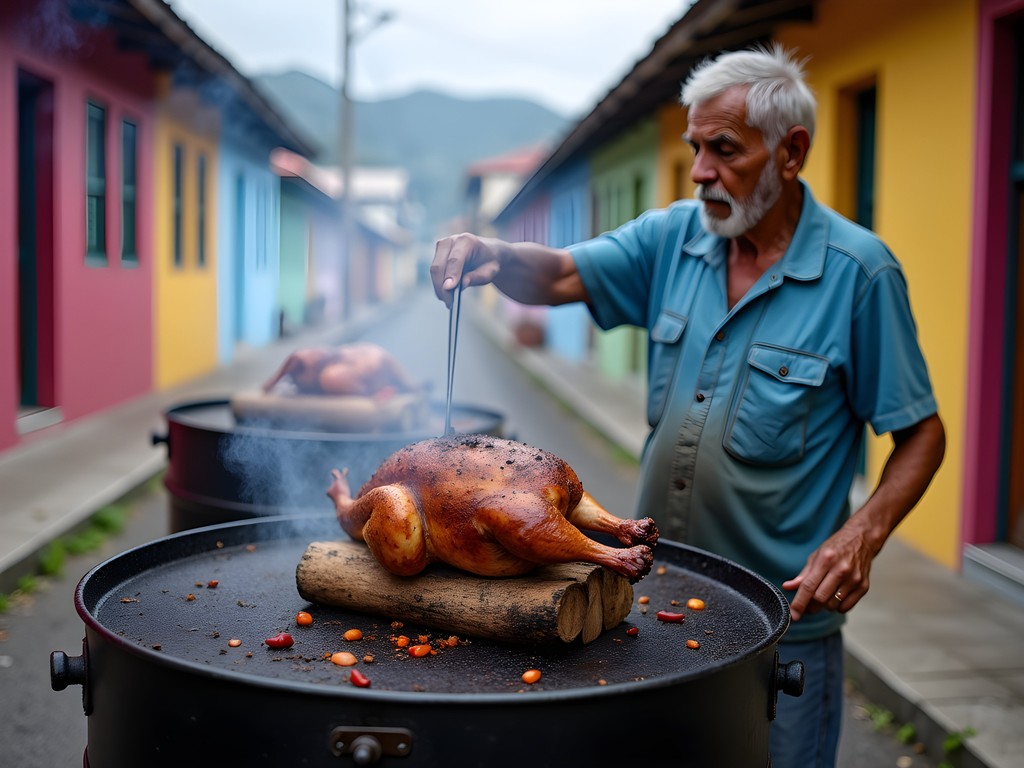
💡 Pro Tips
- Look for street vendors with lines of locals—it's the surest sign of quality
- Ask vendors about their spice blends—most are proud to share (some) secrets
- Carry small bills for easier transactions at street stalls
Market to Table: Cooking with Kingston's Bounty
My father's Egyptian heritage taught me that to truly understand a cuisine, you must shop where locals shop. So I signed up for a market-to-table cooking class led by Chef Latoya, whose tiny cooking school operates from her home in the hills above Kingston.
Our morning began at Coronation Market, where Latoya introduced me to ingredients I'd never encountered despite my culinary background. Callaloo—a leafy green similar to spinach but with a more complex, earthy flavor. Cho-cho (chayote squash) that Jamaicans use in everything from salads to desserts. And my favorite discovery: the ackee fruit, Jamaica's national fruit that, when cooked, has a texture remarkably similar to scrambled eggs.
'This is why Jamaican food is special,' Latoya explained as we navigated the crowded market stalls. 'We take what the land and sea give us and make magic.'
Back at her outdoor kitchen, with Kingston sprawling below us, we prepared ackee and saltfish (Jamaica's national dish), festival (sweet fried dumplings), and run down (a coconut milk fish stew). The techniques reminded me of my mother's patient instruction in Alaskan fish preparation—respecting ingredients, wasting nothing, and letting natural flavors speak.
While cooking, I used my chef's knife that I always pack in my checked luggage for cooking classes abroad. A quality knife makes all the difference when working with unfamiliar ingredients, and Chef Latoya nodded approvingly at my preparation technique.
The most valuable lesson came when making escovitch fish—a vinegar-marinated fried fish dish that demonstrates the Spanish influence on Jamaican cuisine. The balance of acid, heat from scotch bonnet peppers, and the sweetness of bell peppers created a harmony that exemplifies Kingston's approach to flavor: bold, unapologetic, yet perfectly balanced.
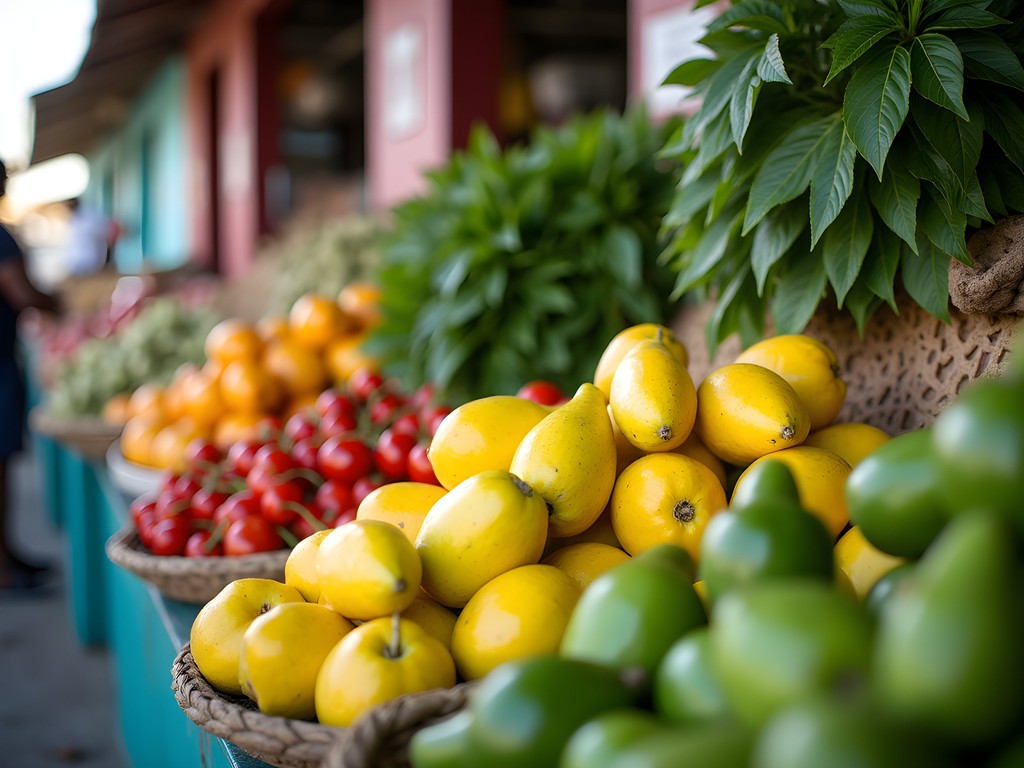
💡 Pro Tips
- Book cooking classes at least a week in advance—the best ones fill quickly
- Ask to learn preparation for ackee and saltfish—it's technically challenging but worth mastering
- Bring a small notebook to record recipes and techniques—the verbal instructions often include unmeasured 'pinches' and 'dashes'
Liquid Heritage: Kingston's Rum Culture
My father's distilling traditions gave me an early appreciation for spirits as cultural artifacts rather than mere intoxicants. In Kingston, rum isn't just a drink—it's liquid history, each sip connecting you to centuries of struggle, resistance, and celebration.
The Appleton Estate may be Jamaica's most famous rum producer, but Kingston offers intimate distillery experiences that reveal the craftsmanship behind the island's signature spirit. I visited J. Wray & Nephew's distillery, where the tour guide—noticing my technical questions—pulled me aside to show me details of their fermentation process that reminded me of techniques my father described from his homeland.
'Rum is Jamaica's soul in a bottle,' my guide explained. 'During slavery, this was freedom in liquid form—something the enslaved people created and controlled.'
What fascinated me most was learning about 'dunder'—the residual yeast-rich material from previous distillations that Jamaican distillers add to new fermentations, creating the distinctive funky notes that make Jamaican rums unique. It's a technique that echoes sustainable practices I've documented throughout the Pacific Northwest.
For couples, Kingston offers intimate rum pairing dinners that elevate the experience beyond simple tastings. At Broken Plate, a contemporary Jamaican restaurant, I experienced a five-course meal where each dish incorporated rum in its preparation while being paired with a different aged expression. The standout was oxtail braised in aged rum, served with a neat pour of the same spirit—a sensory conversation between glass and plate.
To document these experiences, my pocket notebook proved invaluable for recording tasting notes and production details that my phone's notes app simply couldn't capture with the same tactile satisfaction. There's something about pen on paper that enhances memory formation, especially when sampling multiple expressions.
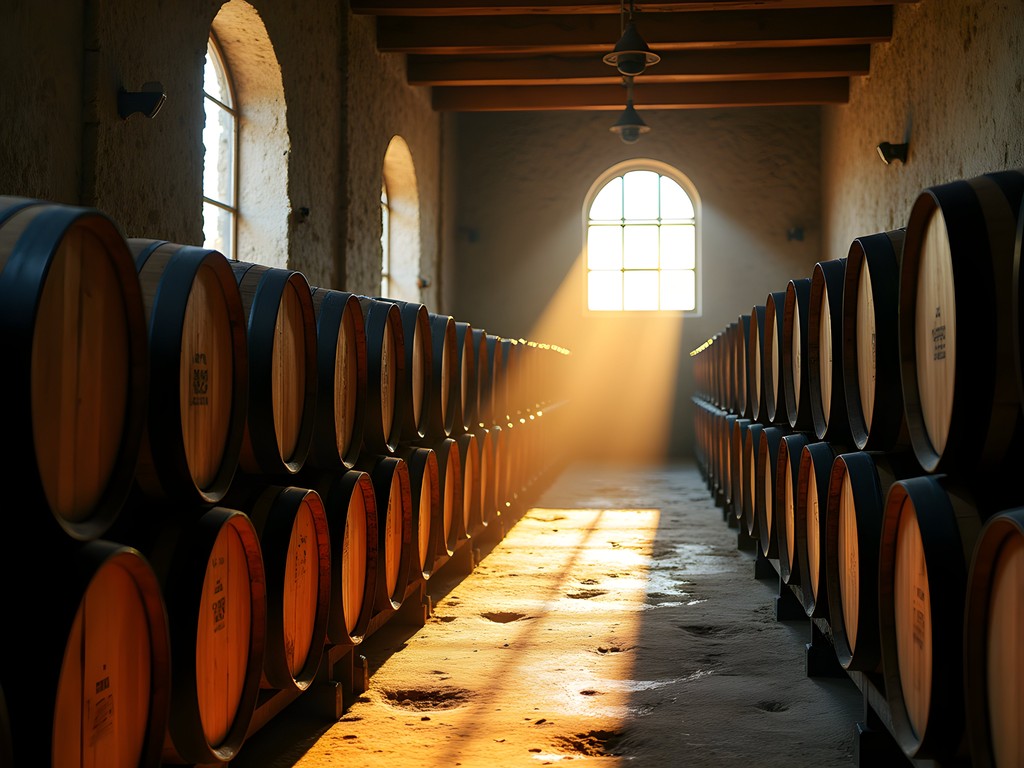
💡 Pro Tips
- Book the first distillery tour of the day when your palate is freshest
- Ask about 'pot still' versus 'column still' production—it dramatically affects flavor profiles
- Try white unaged rum—often overlooked by tourists but revered by locals for its pure expression of terroir
From Sea to Table: Kingston's Seafood Renaissance
Growing up with an Alaskan mother who taught me to respect the rhythms of fishing and the ocean's bounty, I found immediate kinship with Kingston's approach to seafood. While tourists flock to Hellshire Beach for fried fish, I sought out the establishments where Kingston's fishing traditions meet contemporary culinary technique.
Gloria's Fish Bar in Port Royal—a neighborhood steeped in pirate history—offers the quintessential Kingston seafood experience. Watching fishermen deliver their catch directly to the kitchen door, I was reminded of similar scenes from my childhood in Alaska. The parrotfish, snapper, and kingfish on offer had been swimming just hours earlier.
'You choose it, we cook it,' explained the server, pointing to the day's catch displayed on ice. My selection—a plump red snapper—was prepared escovitch-style: fried crisp then doused with a vinegar-based sauce loaded with onions, carrots, and fiery scotch bonnets.
What surprised me most was Kingston's emerging sustainable seafood movement. At Broken Plate in Kingston's uptown area, Chef Damion Stewart is pioneering an approach that combines traditional Jamaican flavors with sustainable sourcing and modern techniques. His lionfish ceviche addresses both conservation (as lionfish are invasive in Caribbean waters) and culinary excellence, with the firm white flesh perfectly complemented by local citrus and herbs.
'We're trying to honor our grandmothers' recipes while protecting the waters they fished from,' Stewart told me as we discussed the challenges of changing long-established fishing practices.
For those venturing into Kingston's seafood scene, I found my compact binoculars unexpectedly useful for spotting fishing boats returning to harbor—a tip for couples wanting to identify which restaurants would have the freshest catch that evening. There's something magical about watching the day's catch come in and then enjoying it hours later.
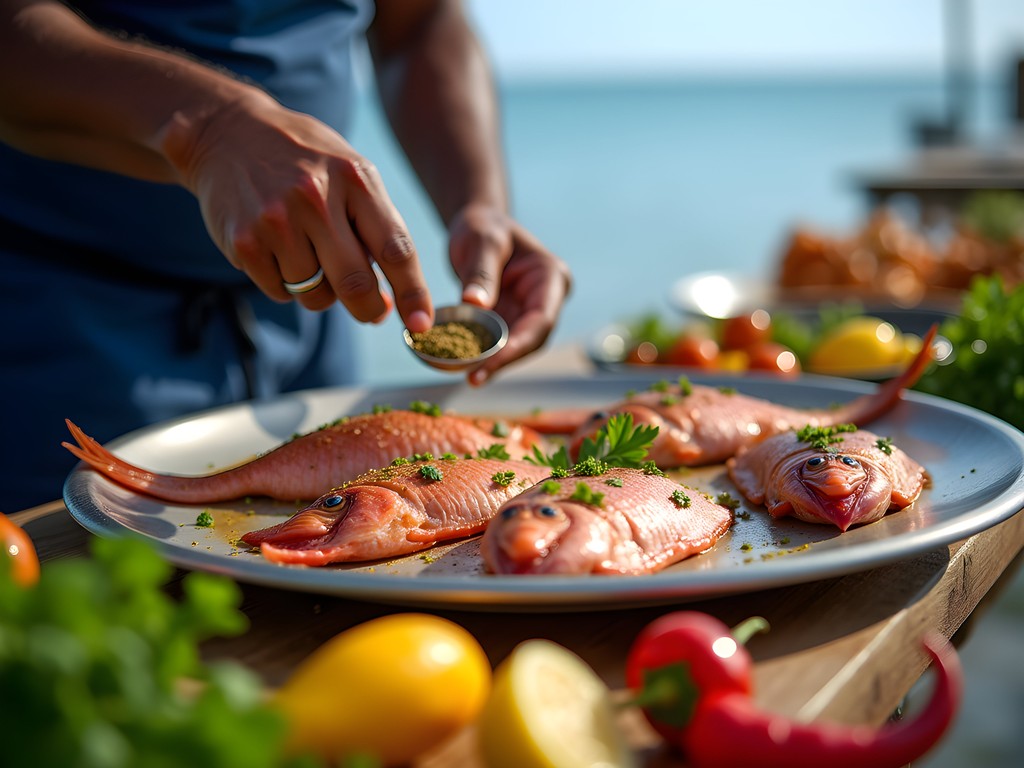
💡 Pro Tips
- Ask which fish was caught locally—some restaurants import seafood despite the abundant local options
- Try parrotfish at least once—its sweet flavor is distinctive to Caribbean waters
- Visit seafood spots between 4-6pm when the day's catch is typically being prepared
Fine Dining with Kingston Flair: Where Tradition Meets Innovation
After years in professional kitchens, I can spot the difference between genuine culinary innovation and mere trendy imitation. Kingston's fine dining scene surprised me with its authenticity—chefs who respect traditional flavors while applying modern techniques and presentation.
At Summerhouse in Liguanea, the tasting menu weaves Jamaica's multicultural heritage into a cohesive narrative. The standout dish—curried goat ravioli with coconut foam—honored the traditional preparation while transforming texture and presentation. As a chef, I appreciated how the kitchen maintained the distinctive flavor profile that makes Jamaican curry unique (heavier on allspice and thyme than its Indian counterparts) while presenting it in an unexpected format.
'We're not trying to be European with Jamaican ingredients,' explained executive chef Christina Simonitsch. 'We're expressing Jamaica through a contemporary lens.'
Equally impressive was The Terrace at Terra Nova, housed in a colonial-era hotel where the architecture itself tells stories of Jamaica's complex history. Here, I experienced the most refined version of Jamaica's national dish—ackee and saltfish reimagined as a delicate tart with micro herbs and pepper coulis. The familiar flavors remained intact while the presentation elevated the humble dish to special-occasion status.
For couples celebrating anniversaries or special moments, Kingston's fine dining establishments offer the perfect balance of local flavor and upscale atmosphere. Many feature live music—not the touristy reggae performances found at resorts, but sophisticated jazz with Caribbean influences.
To capture the artistry of these plated creations, my smartphone camera lens kit allowed me to document the culinary details without disturbing other diners with bulky camera equipment. The macro lens particularly excelled at capturing the intricate garnishes that distinguished Kingston's high-end plating techniques.
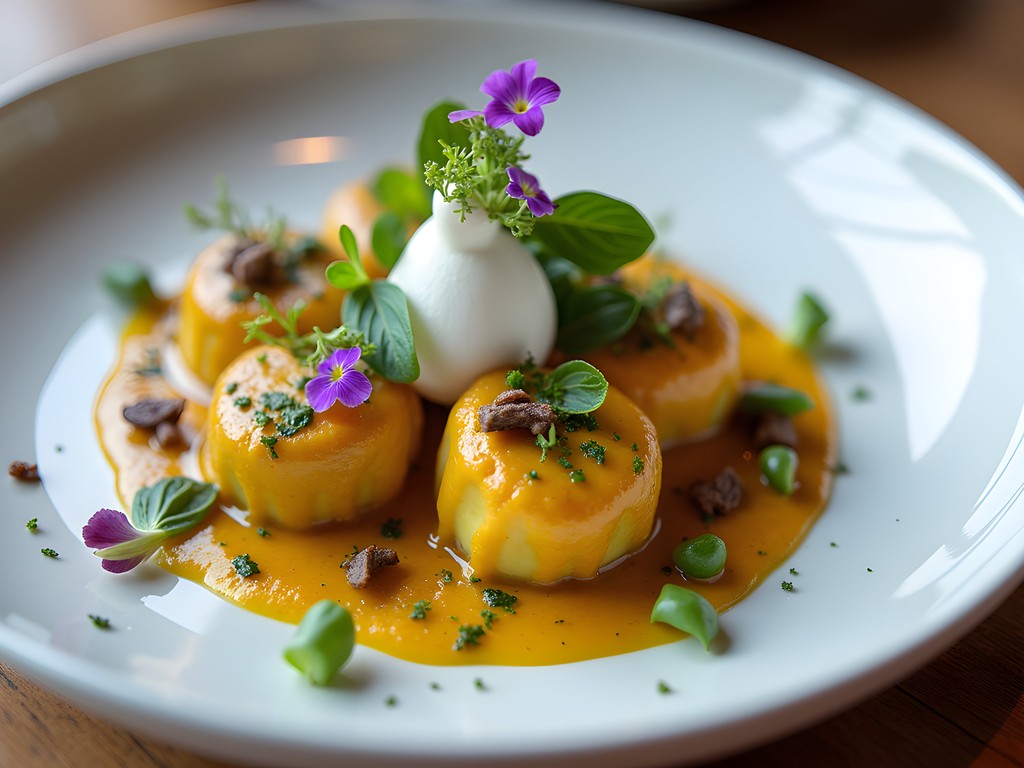
💡 Pro Tips
- Make reservations at least three days in advance for fine dining establishments
- Request Kingston-specific wine pairings rather than defaulting to international standards
- Ask about the story behind signature dishes—chefs are often eager to share their creative process
Coffee Culture: Blue Mountain Treasures in Urban Settings
My culinary training taught me that great meals should end with equally memorable coffee—and Kingston delivered an education in one of the world's most prestigious coffee origins. Jamaica's Blue Mountain coffee carries a protected designation of origin similar to Champagne, and experiencing it properly became my mission.
Kingston's café culture exists at the fascinating intersection of traditional brewing methods and third-wave coffee expertise. At Café Blue in Liguanea, I watched baristas prepare pour-overs with a reverence that reminded me of Japanese tea ceremonies. The resulting cup—bright with notes of chocolate and sweet herbs—justified both the price tag and the meticulous preparation.
'Our beans grow slower because of the mountain elevation,' explained the barista as she demonstrated the proper water temperature. 'That slow development creates complexity you can't rush.'
For a more historical perspective, I visited the Jamaica Coffee House in Downtown Kingston, where traditional preparation methods have remained unchanged for generations. Here, coffee is brewed in what locals call a 'balance'—a cloth filter suspended between wooden supports that produces a clean, intense brew without paper filter interference.
What struck me most was how Kingston residents treat coffee as both daily necessity and cultural ritual. Early mornings at corner shops, I watched people from all walks of life pausing for a quick cup and conversation before work—a moment of community before the day's demands.
For couples, Kingston's cafés offer intimate spaces for connection away from tourist crowds. The Jamaican tradition of lingering over coffee creates perfect pockets of time for meaningful conversation—something increasingly rare in our rushed world.
I found myself returning to these coffee shops to journal my culinary discoveries, the Blue Mountain brew providing both inspiration and clarity as I processed the complex flavors and techniques I was encountering throughout Kingston.
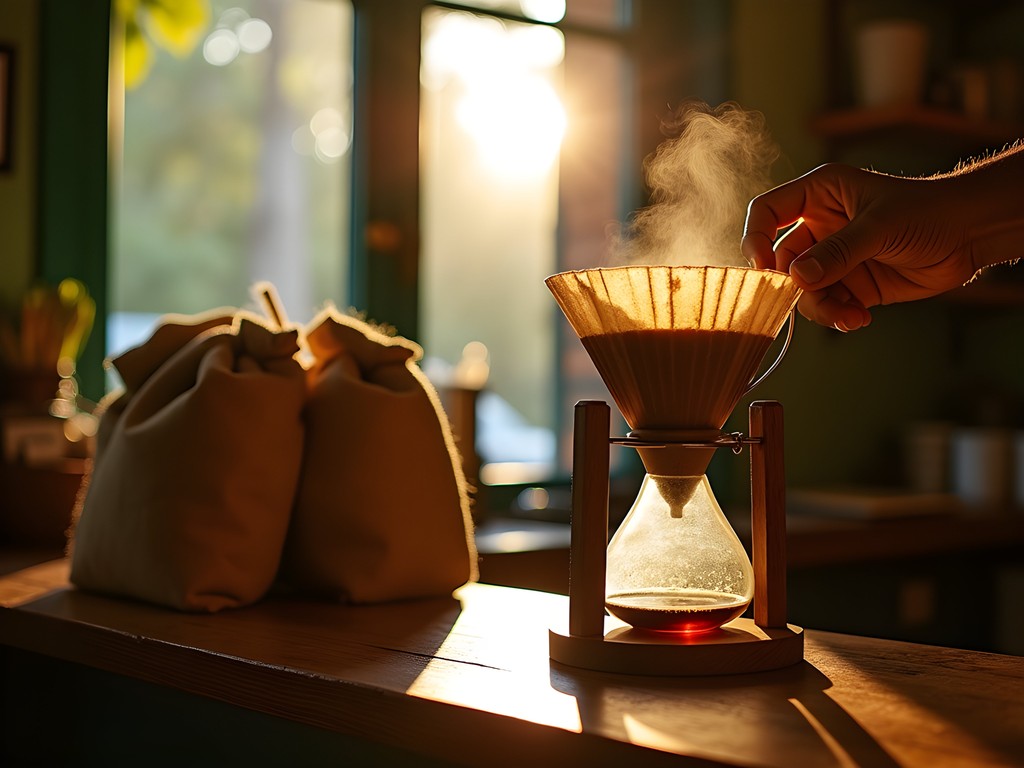
💡 Pro Tips
- Try Blue Mountain coffee black first to appreciate its natural sweetness before adding cream or sugar
- Visit cafés between 9-11am when the professional baristas are working (not the evening shift staff)
- Ask for beans from specific estates—like wine, Blue Mountain coffee has terroir variations worth exploring
Final Thoughts
As I boarded my flight leaving Kingston, my notebook bulged with recipes, techniques, and stories—treasures more valuable than any souvenir. Kingston's food scene isn't just about flavor (though the flavors are unforgettable); it's about resilience, creativity, and joy expressed through culinary language. For couples seeking connection through shared experience, Kingston's tables offer the perfect setting for creating memories that will season your relationship long after you've returned home. Whether you're watching jerk chicken emerge from smoking pimento wood, sipping centuries of history in a perfectly aged rum, or discovering how innovative chefs honor tradition while pushing boundaries, Kingston's food scene rewards those willing to venture beyond resort buffets. The city pulses with authentic flavors that can't be exported or replicated—they must be experienced at their source, where the air itself carries promises of your next unforgettable meal.
✨ Key Takeaways
- Kingston's food scene offers an unfiltered expression of Jamaica's complex cultural heritage
- Venture beyond tourist districts for the most authentic flavors and meaningful culinary experiences
- The connection between producer and plate remains refreshingly short in Kingston's food ecosystem
📋 Practical Information
Best Time to Visit
December through April (dry season)
Budget Estimate
$100-150 per day per couple (excluding accommodations)
Recommended Duration
5-7 days
Difficulty Level
Beginner

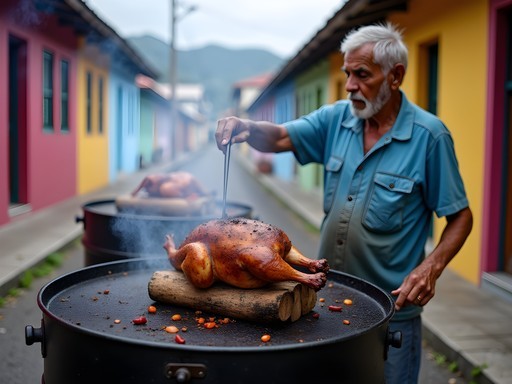
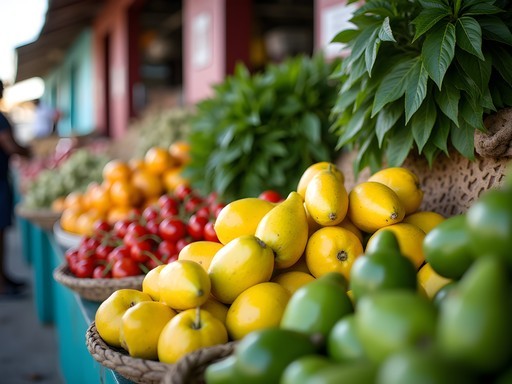
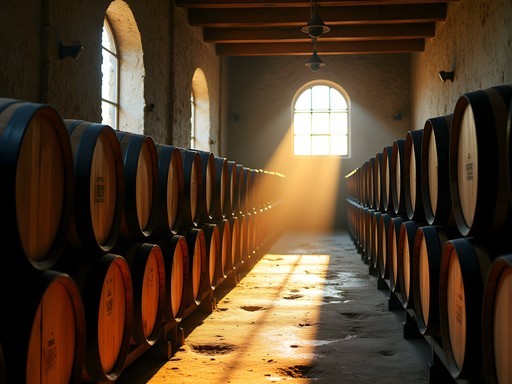
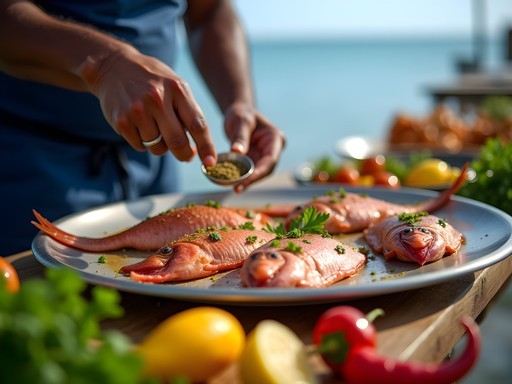
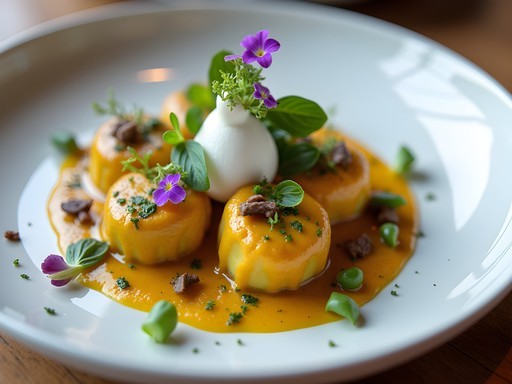
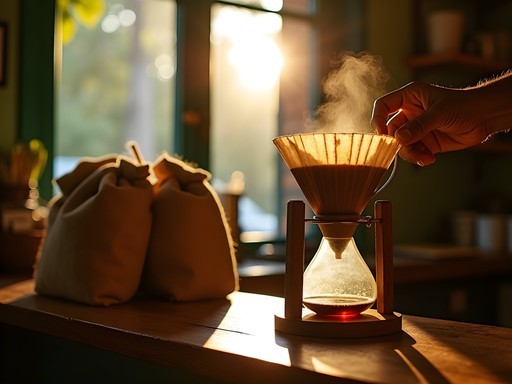




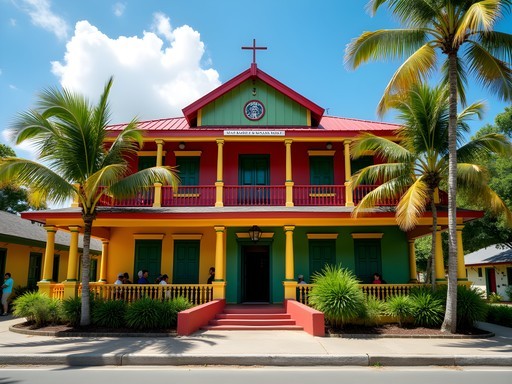
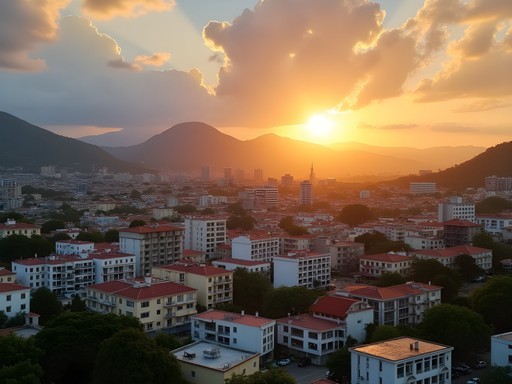
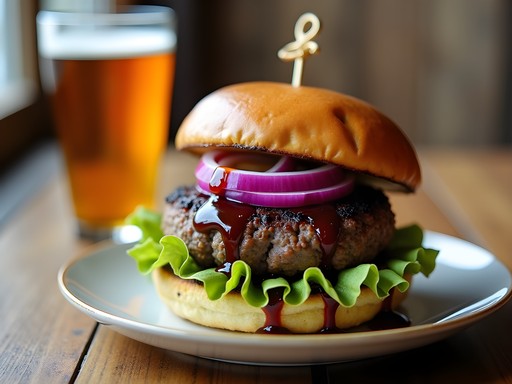
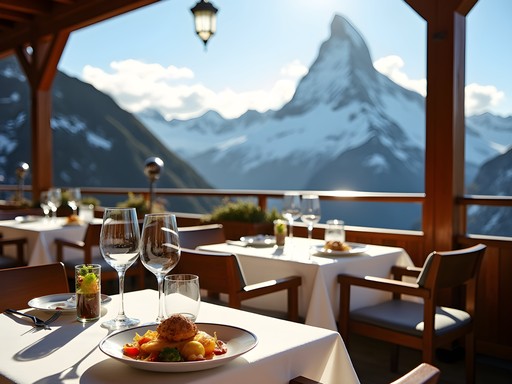
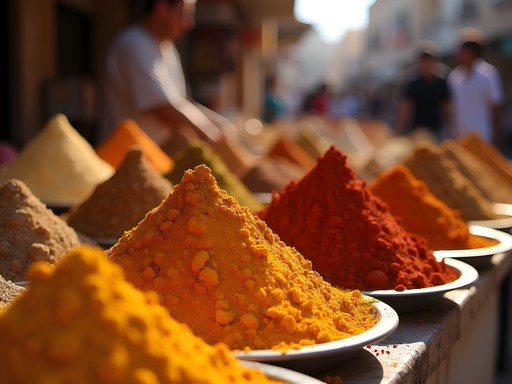
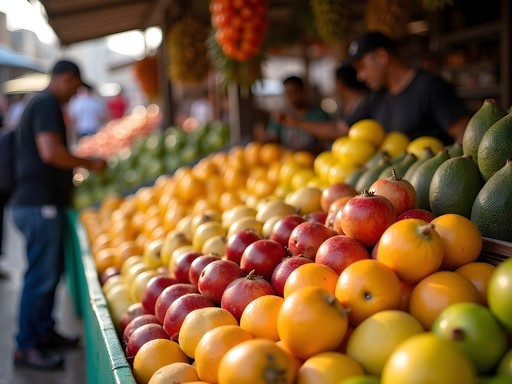
Comments
sunsetzone
This guide is perfect timing! I'm heading to Kingston next month and food is always my main focus when traveling. Did you find most places take credit cards or should I plan on carrying cash? Also, any food safety tips for the street vendors? I want to try everything but have a sensitive stomach!
Savannah Mohamed
Definitely carry cash for street food and markets! Restaurants will take cards. For street food safety, look for busy stalls with high turnover, and watch for vendors who handle money separately from food. I always carry some digestive aids just in case, but I had zero issues with properly cooked jerk chicken and patties!
freefan
Just got back from Kingston last week and this post is spot on! We tried that seafood place you mentioned - Devon House - and the curry crab was life-changing. One thing I'd add is to not be afraid of the spice! I thought I could handle heat but Jamaican scotch bonnet is a whole different level. My husband learned this the hard way 😂 Worth every tear though!
Savannah Mohamed
So glad you enjoyed Devon House! And yes, scotch bonnet is no joke - but that distinctive fruity-heat flavor is what makes Jamaican cuisine so special!
roamblogger
Your rum section has me convinced - booking tickets now!
Haley Hamilton
Fantastic post that really captures the essence of Kingston's vibrant food culture! When I visited last year, I discovered that many of the best food experiences happen in people's homes. If you're heading there, I highly recommend booking a home dining experience through EatWith. We had an incredible evening learning to make authentic ackee and saltfish with a local family. Also worth noting - the Blue Mountain coffee is worth the splurge. I brought back three bags and rationed it like gold! The tour of the coffee plantations in the mountains makes for a perfect day trip from Kingston too.
springvibes
Those seafood pics are making me drool! 🤤 Saving this for my trip planning!
Sage Dixon
Savannah, your post brought back so many memories! I spent three weeks exploring Kingston's food scene last summer and it was transformative. That little spot you mentioned in the 'Liquid Heritage' section - Rum Bar - changed my understanding of rum forever. The bartender there (I think his name was Marcus?) gave me an education on rum production that rivaled any distillery tour I've taken. One tip for anyone heading there: don't skip the seafood markets early in the morning. If you go around 6am to the Harbor Street market, you'll see the fishermen bringing in the morning catch, and some of the vendors will cook it right there for you with just lime, scotch bonnet, and thyme. Simplest and freshest fish breakfast you'll ever have!
sunsetzone
That fish breakfast sounds incredible! Did you need to arrange that in advance or just show up?
Sage Dixon
Just show up! Look for the vendors with small grills set up. Most tourists don't know about it, so it's mostly locals. Bring small bills and be prepared to point at what you want if the accent is hard to understand at first.
coffeehero
Heading to Kingston next month! Which food market would you recommend for someone who wants authentic flavors but has a pretty mild spice tolerance? I want the experience without burning my taste buds off lol
SavannahM
Definitely check out Coronation Market in the morning! Most vendors are super accommodating if you ask for 'tourist spice level' - and don't miss the fruit stalls for amazing soursop and guinep. The coconut vendors can also mix you a perfect remedy if something's too spicy!
coffeehero
Perfect, thanks! 'Tourist spice level' is exactly what I need 😂
redguy
I second Coronation Market! Also bring a pocket guide - helped me find some hidden gems that weren't in the usual tourist spots.
Jean Wells
Your sensory descriptions of Kingston's food scene are spot on, Savannah. Having visited Jamaica multiple times over the past decade, I've noticed how Kingston's culinary identity has evolved while maintaining its core traditions. The fusion restaurants you mentioned reflect this beautifully. I particularly appreciate your documentation of cooking techniques - the balance between traditional methods and modern adaptations is something many food writers miss. Did you find any significant regional variations in preparation methods between Kingston and other parts of Jamaica? In my experience, even the same dish can tell different stories depending on where you eat it.
exploregal
Those festival dumplings look amazing! 🤤
sunsetrider
OMG this post is EVERYTHING!!! 😍 I've been dreaming about visiting Jamaica forever and the food is like 90% of why! Those photos of the jerk chicken have me literally drooling on my keyboard right now. Can't wait to try all of this next year!
Venture X
Premium card with 2X miles, $300 travel credit, Priority Pass